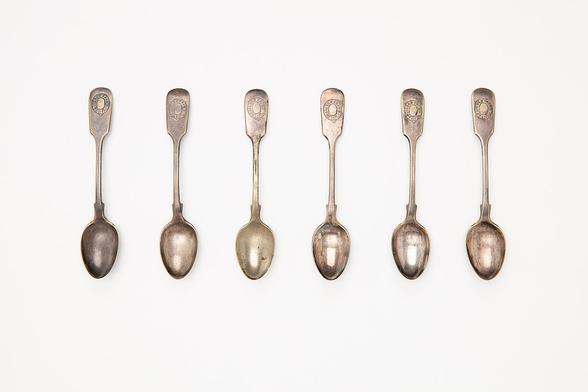Hey, folk who have #invisibledisabilities…. How do you explain to people that you don’t have the same body capabilities/endurance/needs as folk who don’t have the same challenges you do?
I’ve been thinking a lot lately about how to better explain to folk that my body is always operating at reduced capacity because my #donotdie medicine slows my heart rate and thus, while I’m fit and strong, my body tires more easily than it might otherwise do.
I can say “oh, I have #LQTS” but folk don’t really get the implications. I can say “remember that person who died from drinking an energy drink/super caffeinated beverage/too much coffee?” And they get that… but… It doesn’t translate to “I GET FUCKING TIRED EASILY AND SOMETIMES I JUST CAN’T FOR A FEW DAYS BECAUSE THE MEDICINE THE KEEOS ME FROM HAVING A CARDIAC ARREST ALSO GIVES ME SUPER LOW BLOOD PRESSURE AND LOW HEART RATE”
I’ve had some friendships end because people thought I was always bouncing because I didn’t want to hang but the reality was I was just exhausted… and some folk don’t get that I sometimes have to change plans because body…
I can’t be the only one
Thoughts?

